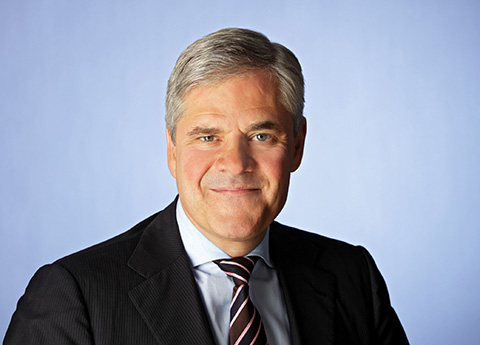Basel III Finalized. What's next for the US and the EU?

His focus was on the future of US and EU financial relationships as well as tensions between national sovereignty trends and global efforts for regulatory harmonization.
"Do bankers and supervisors across the Atlantic share the same convictions?" asked Dombret. "I am convinced that there is at least one major area of common ground, and that is the uncertainty we feel with respects to how things will proceed."
Basel III, finalized in December, was the result of eight years of international cooperation between the banking supervisory authorities of the G10 countries. Dombret outlined a number of challenges and opportunities in its implementation. As a minimum standard, for example, the Third Basel Accord allows nations to apply stricter requirements as a risk-reduction measure. Moreover, while a standard for internationally active banks only, the agreement can be adapted to smaller regional and national banks.
Yet Dombret, citing Brexit and other national crises, believes that the political tension and uncertainty between national and international regulatory bodies will be "one of the major fault lines" in US-EU financial relations. His speech nevertheless held out some hope for the resilience of the global banking system.
"If both the United States and the European Union keep their word and implement Basel III faithfully, we will avoid regulatory conflict or arbitrage and be able to provide a reliable framework for international banks," said Dombret.
Read "Where do we go from here? The future of US-EU financial relations following the finalization of Basel III" at www.bundesbank.de/en/press/speeches/where-do-we-go-from-here-the-future-of-us-eu-financial-relations-following-the-finalisation-of-basel-iii-711610
